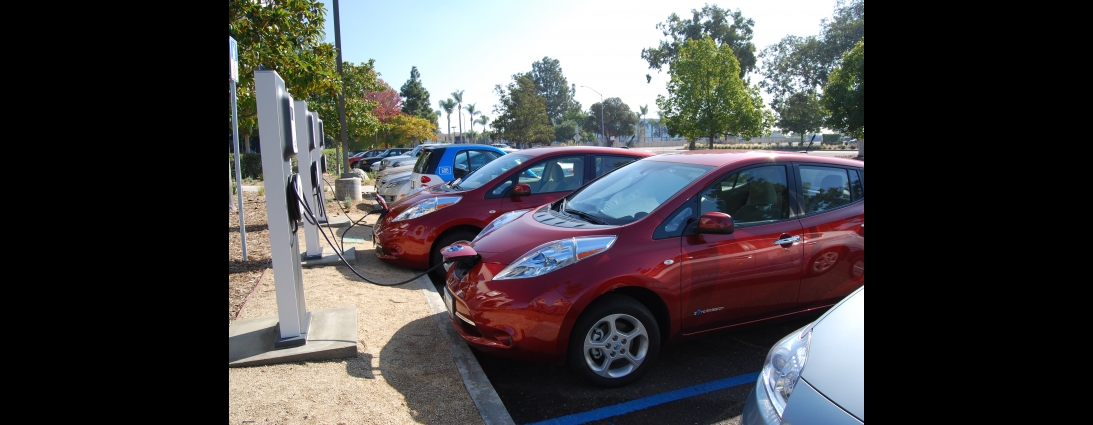

Nationwide program to develop and implement plug-in electric vehicle charging at work
Among the goals of the Energy Department challenge is to expand the availability of charging stations at work locations by tenfold within the next five years so that PEV drivers have greater convenience and more options. By signing up with the program, CCSE pledges to develop and implement plans to support the workplace charging initiative.
“CCSE is eager to help promote this important PEV program,” said David Almeida, CCSE’s energy and transportation policy manager. “Next to charging at home, plugging in at work is a critical factor in moving the electric vehicle market forward.”
A leader in electric and alternative fuel transportation planning and programs in California, CCSE serves as the administrator of the Air Resources Board’s statewide Clean Vehicle Report Project. Since the project’s inception in 2010, CCSE has issued more than $42 million in vehicle incentives to some 18,600 consumers and helped to educate more than 100,000 Californians on the availability and benefits of zero-emission vehicles.
In addition, CCSE plays a leadership role in PEV research, regional PEV policies and planning and infrastructure development. The California Energy Commission awarded $400,000 to CCSE in 2011 for collaborative EV readiness planning projects in conjunction with municipalities across the state as well as other stakeholders, including the San Diego Association of Governments, the San Joaquin Valley Air Pollution Control District, San Diego Regional Clean Fuels Coalition, Pacific Gas & Electric and San Diego Gas & Electric. CCSE also participated in a $1 million grant awarded to a consortium of California agencies by the DOE’s Clean Cities initiative that focused on PEV infrastructure readiness.
The overall goal of the EV Everywhere Grand Challenge, announced last year by President Barack Obama, is to make PEVs as affordable and convenient for the American family as gasoline-powered vehicles by 2022.
PEVs offer consumers significant advantages over gasoline-powered vehicles, including savings on fuel costs, added convenience and reduced maintenance costs. Electricity is also cheaper than gasoline to power a vehicle – generally equivalent to about $1 per gallon. According to the DOE, transitioning to electric drive vehicles (including hybrid-electric) could reduce U.S. foreign oil dependence by more than 80 percent and greenhouse gas emissions by more than 60 percent.
